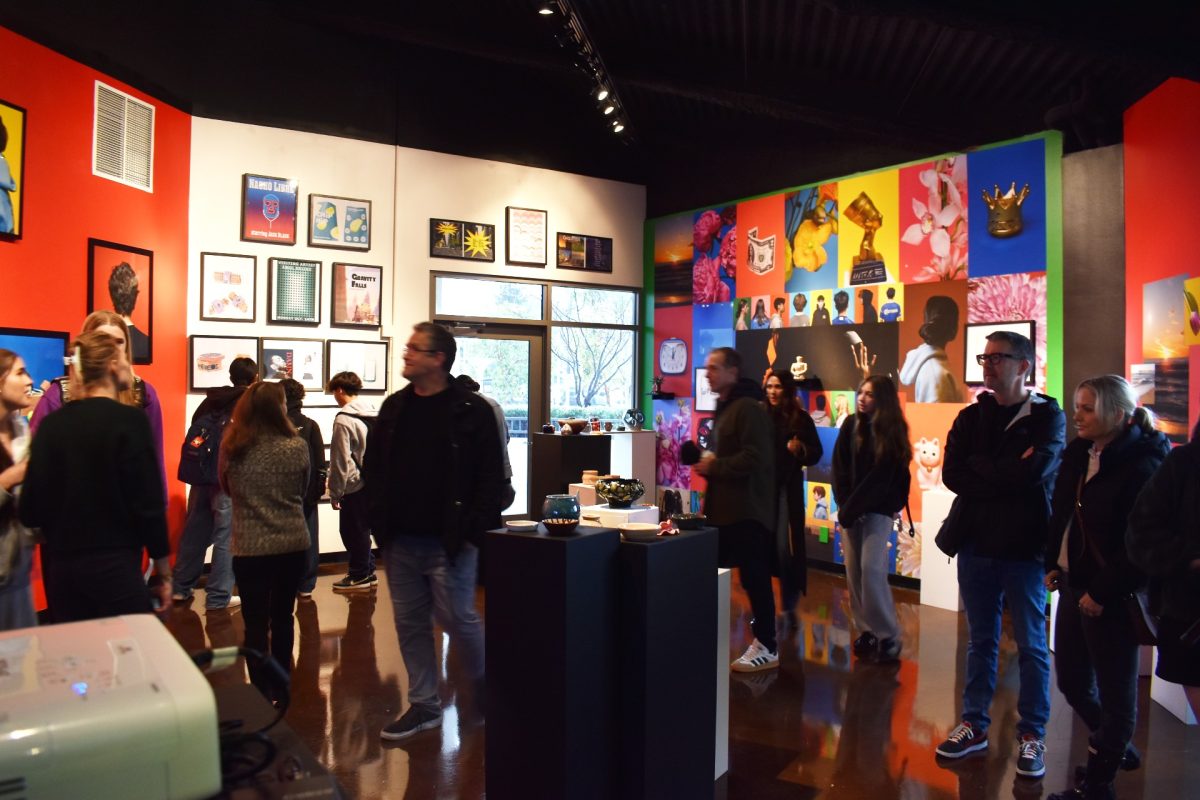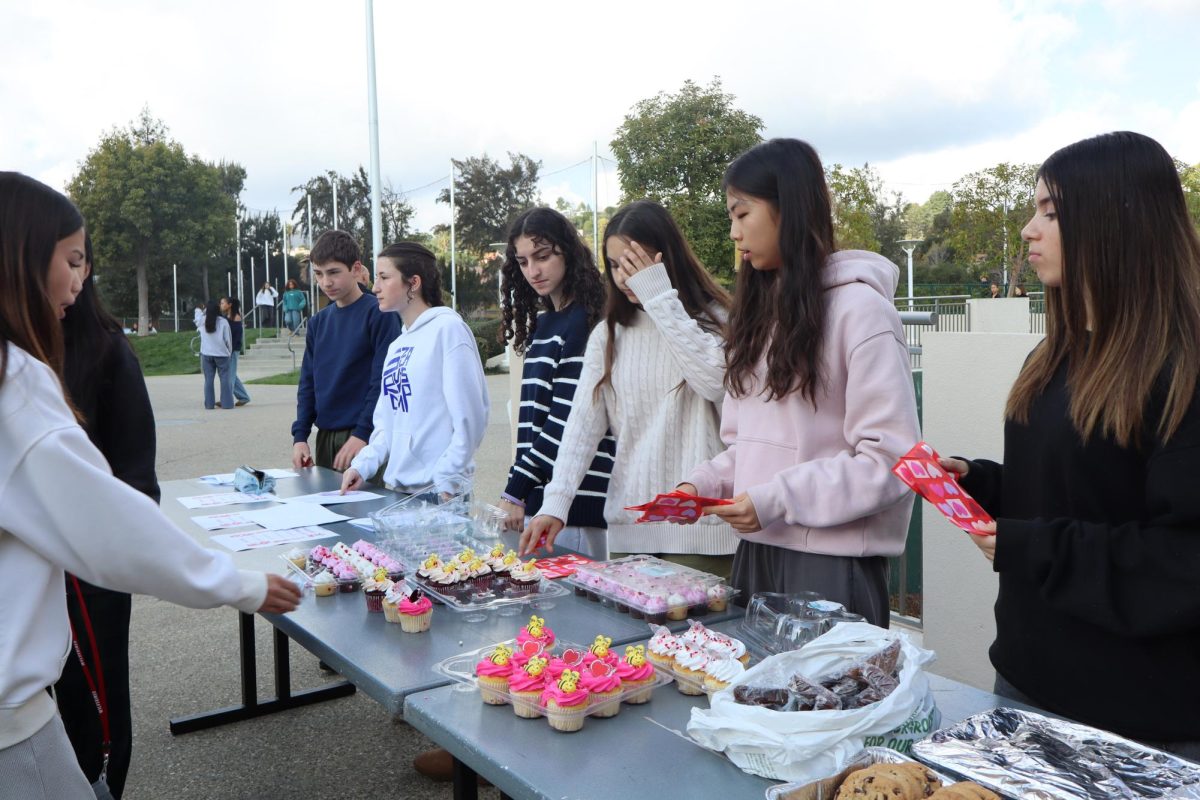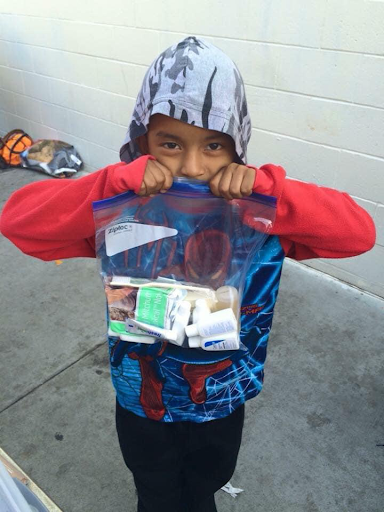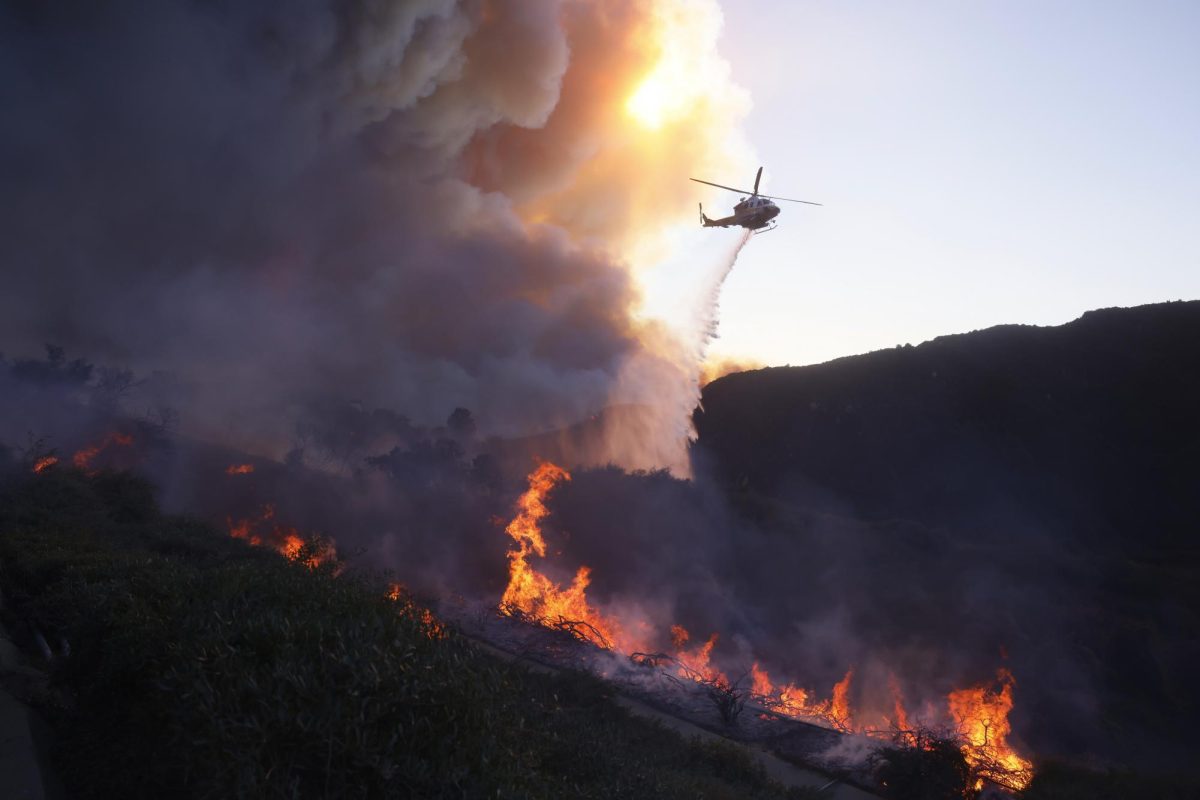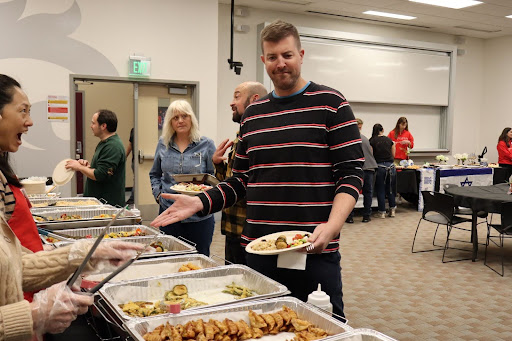President Franklin Delano Roosevelt passed Executive Order 9066 on Feb. 19, 1942, relocating thousands of Japanese American citizens into internment camps across the West Coast. Harvard-Westlake (HW) students had the honor to talk with Robert “Lefty” Kikawa, who experienced this atrocity first hand.
Although right-handed, Kikkawa is known as “Lefty” due to the fact that he would always shoot marbles with his left hand. Kikkawa started his journey to the internment camps at a fairground in Tulare, California, where he vividly remembers the awful smell of fresh asphalt and residue of manure in the sweltering summer heat.
“Could you imagine living in a horse stable for three to four months and smelling the manure and asphalt?” Kikkawa asked in an assembly with Harvard-Westlake students. “It was very terrible.”
After the fairgrounds, Kikkawa and his family were moved to the Gila River camp, in Ariz. It was there where they were faced with the Loyalty Oath, a mandatory questionnaire for all of the people in the camps. In the questionnaire, question 27 asked if Nisei (second-generation Japanese) men would serve in the armed forces if ordered, and question 28 asked if Japanese Americans would swear unqualified allegiance to the United States and forswear any form of allegiance to the Emperor of Japan. People that chose to answer no to both of these questions were known as “No-No Boys” and were moved to the much more high security and Pro-Japan camp in Tule Lake, Calif.
“The survey was for people over eighteen, but I would say no-no also because why should I protect a country that treated me like a prisoner,” Kikkawa said.
Kikkawa would spend the remainder of the war at the camp in Tule Lake before finally being released and moving to Santa Barbara with the rest of his family. The internment camps of Japanese American citizens is one of the darkest moments in our nation’s history. People’s land, property, money, and lives were taken away from them just because of the color of their skin.
“I want people to understand that this should have never happened,” Kikkawa said. “We were American citizens and had everything taken away from us.”
In 1942, Japanese Americans were incarcerated for their race. Today, immigrants are being detained at the border. HW students will be some of the last to ever hear about the Japanese internment first hand, and as such it is our duty to make sure this story is never forgotten. We must remember the horrible mistakes of our nation so they are not repeated.
